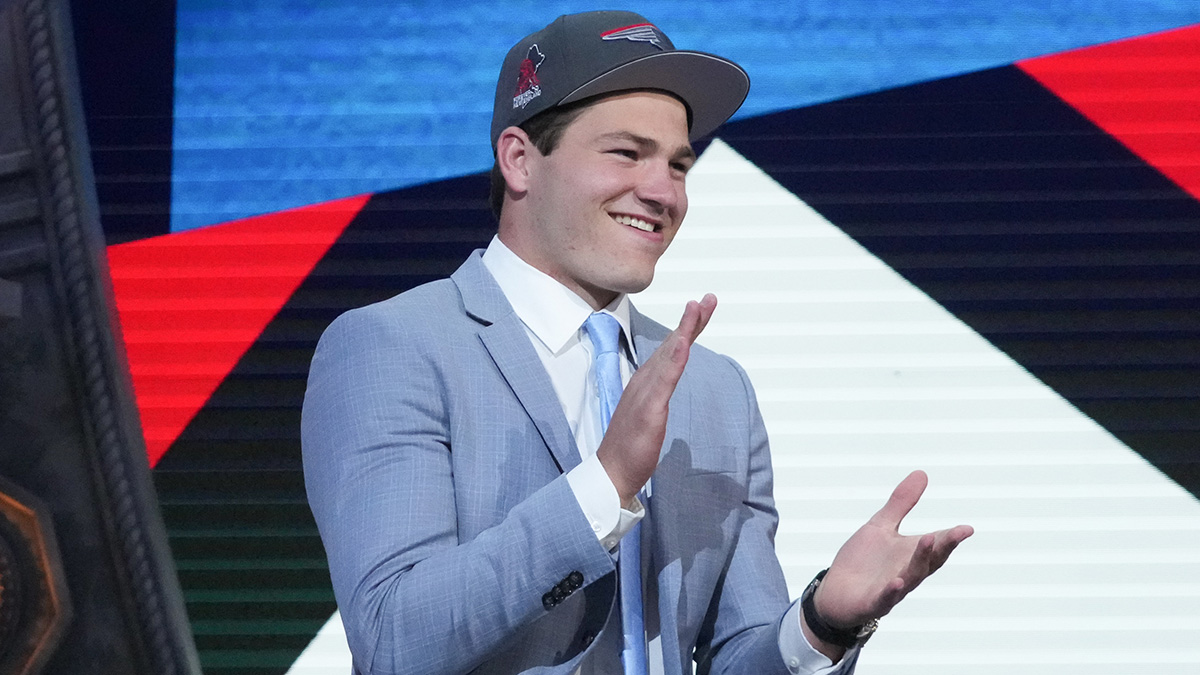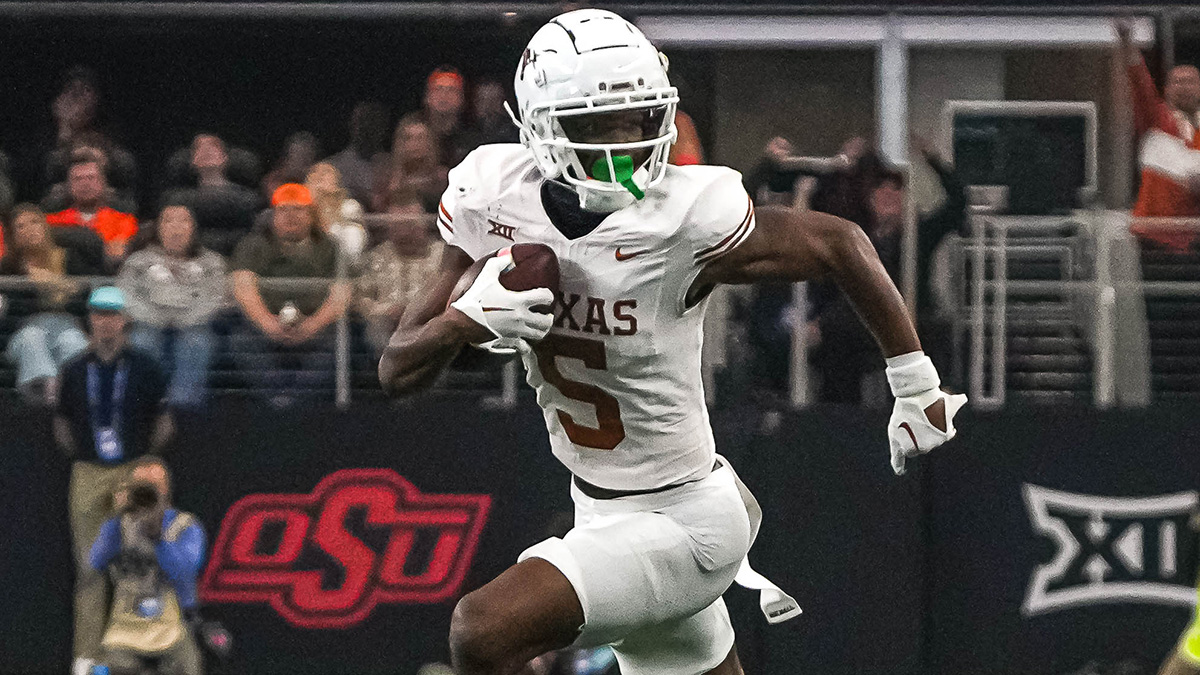
I realized fairly young that I probably wouldn’t play in the NFL.
I actually remember when. I was in sixth grade and we were assigned to draw a portrait of our future selves. On my giant piece of oak tag, I sketched myself in a Steelers uniform, a mustachioed running back wearing No. 35 (one digit higher than Walter Payton and Earl Campbell).
One arm was longer than the other and my hands looked mutant so I probably would have been red-flagged at the Combine.
Poor drawing skills aside, I remember thinking as I worked hard on the drawing that it was unlikely to happen. But in the same moment I also was thinking the next best thing would be writing about the NFL. Because I loved to read and I loved to write and I was pretty good at both.
It took a while. Three years after graduating college, I got my first sportswriting job on the Cape. Every Thursday, when the Barnstable Patriot came out, I delivered my own papers around town. I hit every rung on the newspaper ladder over the next five years and finally, in 1997, started covering the Patriots for the MetroWest Daily News. My first real assignment was the 1997 draft and I remember spontaneously telling Steve Conroy of the Boston Herald, “This is what I’ve always wanted to do.”
“Well, you’re doing it,” he said.
That I’ve continued doing it and been paid enough to have a family, buy a house, buy some cars, send kids to college and save for retirement is a blessing I try to remind myself of.
New England Patriots
Beyond that, I’ve been in the right place at the right time to cover the greatest coach, quarterback and dynasty of the modern era. It’s like being a London theater critic in the late 16th century when Shakespeare was churning out plays.
I’ve been to Europe once. That was to cover an NFL game. I’ve been to most of the 50 states because I was covering NFL games or events. I’ve met and become close with people of far different backgrounds than mine only because I cover the NFL.
That’s long-ass preface is so you know where I come from when I say this: I don’t want professional football to go anywhere. I don’t want the NFL to die. Hell, I don’t even really want it to change that much. And I don’t relish having to acknowledge that the game’s brutality ultimately led to the deaths of some of the players I idolized as a kid and covered as an adult.
But it’s incumbent on me and the rest of us who cover and consume the sport to come to grips with the dangers and hold the sport’s stewards – the owners and league executives – feet to the fire on their self-serving, callous greed and hypocrisy.
Because until the league begins to consistently acknowledge – without qualifiers and mealy-mouthed defenses – that playing football has been and continues to be dangerous, the whole enterprise feels dirty. And until the league and its owners stop reflexively talking about how much money they’re throwing at research and how the game’s never been safer without also adding that that’s the least they can do after their treatment of the workforce for decades, then people will still believe the owners and league executives don’t get it.
And they proved this week that they don’t get it.
Speaking to lawmakers in Washington last week, Jeff Miller, the league’s senior vice president for health and safety, acknowledged the link between football and CTE, the degenerative brain disorder. That landmark moment was submarined by the NFL grabbing a sheet to cover its now-exposed ass in the still-ongoing litigation with players trying to get settlement money from the league before they die.
Followed this week by the tactless, tone-deaf, arrogant remark from Cowboys owner Jerry Jones who called the notion that data supported a link between football and CTE “absurd,” the league somehow backslid from the point it was before Miller stated there was a link.
Then, on Thursday, the New York Times published a story revealing the NFL’s five-year report on brain injuries in the late ‘90s left out of its data more than 100 concussions. The league – presumably at the urging of its newly-installed PR honcho Joe Lockhart volleyed back TWICE with point-by-point takedowns that only served to make the league look like it was dissembling and obfuscating even more.
The thing that mattered from the Times story was that the NFL knew it didn’t have complete concussion data in the five-year study but claimed it did. The league’s defense was, basically, “If you read the fine print you’d see we didn’t make that claim.” The Times found evidence of the NFL – despite the fine print – touting the data as complete.
Later on Thursday, former NFL player Kevin Turner – one of the lead plaintiffs in the NFLPA’s concussion lawsuit – died from ALS.
As yet, not a peep from the NFL on Turner. Too busy manning battle stations on other fronts I guess.
How about this, find your f****** humanity and let it show, because I’ve talked to enough of you individually and know it’s in there. Lead with that. And humility.
People want to feel as if the teams they root for – or cover – are run by families that are having the same awakening we all are. That there’s an uneasy truce we have to make as an NFL consumer. We have to reconcile ourselves to the fact some of the collisions we watched contributed to terrible health issues later on.
We can accept that those collisions will continue and be part of the game if we know the people running the league are addressing the dangers not to protect their wealth but to protect their employees and to give redress for mistakes made in the past.
That’s all I got.


